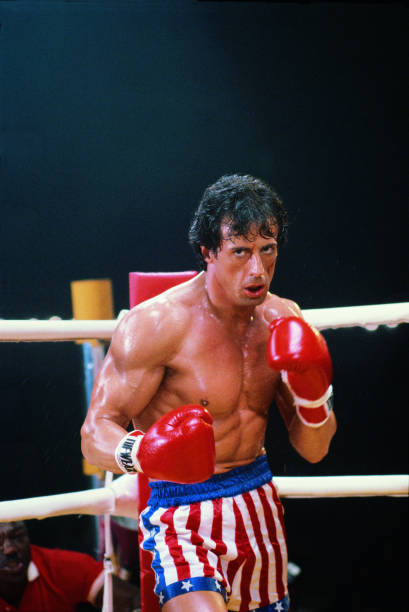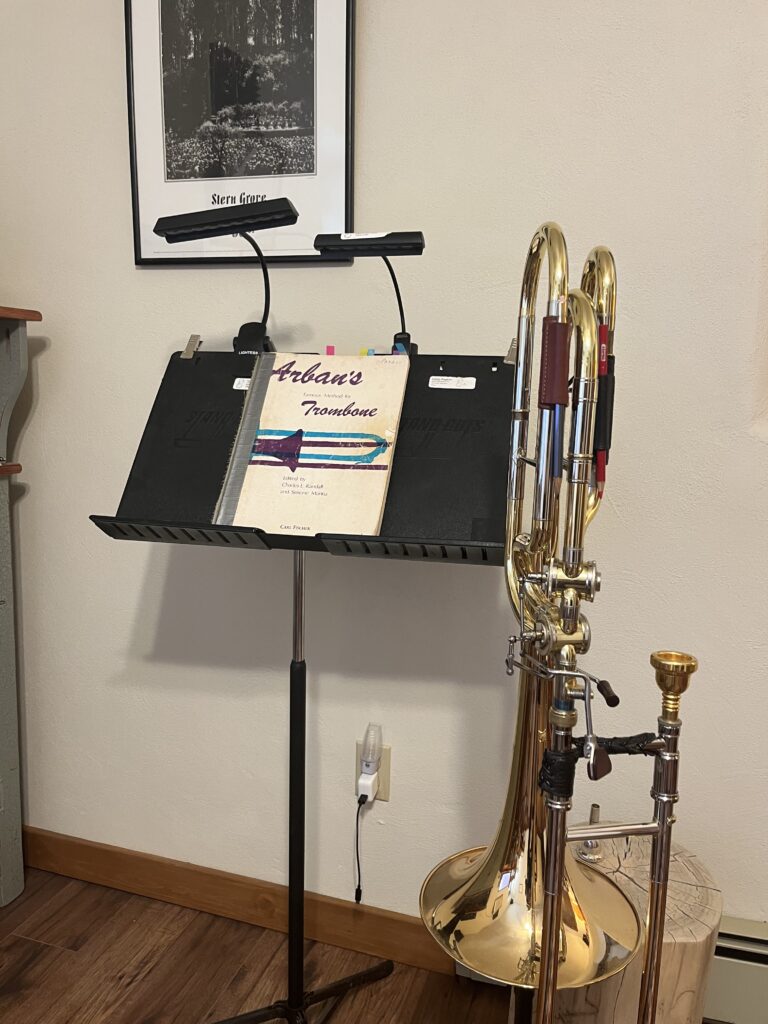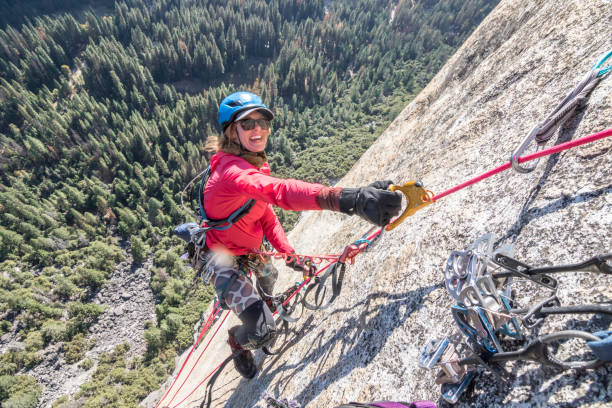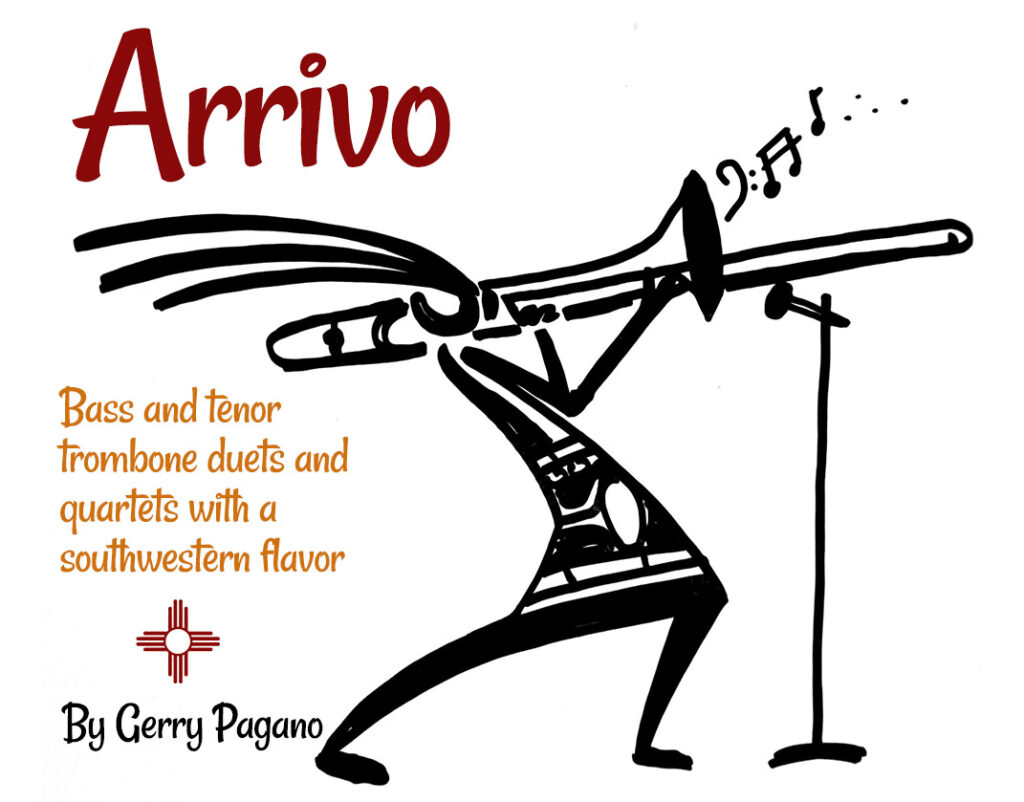
Step 7-Don’t Give Up
If I’ve learned anything about musical career success by watching sports, it’s that sometimes the underdog can rise up and

A few years back there was a interview with Allen Iverson, the great guard for the Philadelphia 76ers. It became famous, as he got called out for not going to practice. In the interview, Allen said “What are we talking about, practice? Not a game…….. not a game! Practice?”
And on and one he went. His premise was that the game was what mattered, and he always showed up for the game. And he sure did, he was an amazing player.
It’s a really fun watch, and I’m sure many of you know it. But it does bring up an important issue. Lots of time and many words and books have been devoted to practice. At this age in life and my performing career mostly behind me, it’s worth taking a moment to address this important topic.
Unlike Allen, musicians are likely to have more “practice” than games/concerts. There are 82 games for NBA players, averaging 2 or 3 games a week. Performance time for them is greater than practice time, on average.
For the average orchestra musician, rehearsal takes up the bulk of the week, with 4 – 5 rehearsals for a program, and 2-3 concerts. That was my life, yours may look different. But generally, we spend more time in rehearsal than performing.
You may notice I’m talking about the time spent with the ensemble. This doesn’t include personal practice time. If we are going to be a good colleague, we need personal practice time.
When I was first starting to learn to play as a kid, my folks set the oven timer for 30 minutes. That was how long I was supposed to practice. An eternity! Often I would sneak over to the stove and turn the timer ahead! Did I not realize my folks had watches that surely would mark the time? But I digress.
This brings up another good point. (no, not the passage of time, that’s another blog for another day) There is the practice we need to develop skills, and the time spent just to maintain what we already have. Some would argue there is no maintaining, only getting better, or worse. Let’s save that for another day as well.
Whatever routine you have, (even not having a routine is a sort of routine) the things you do in the practice room, become how you play on stage. When I was young, I did what my teachers advised. One of the many values of a good teacher is their experience, what has worked before.
Often there was no explanation of why I should do these scales, slurs, etc. It always helps me to know why I’m doing something I may not particularly enjoy. Like the dentist telling you, do this or lose your teeth. Ok, now I have a good reason.
Why play long tones, or lip slurs? Why practice at all?
So I have a pretty good idea that Allen Iverson practiced his jump shot, and that he understood why he needed to do so. Maybe having a good understanding of why we do each part of our routine would help some folks (like me) suffer through the process.
So perhaps the best place to start is by asking questions. Why do I need to practice? For how long should I practice? What should I practice, and why those things? How long should I work on each issue? Do you see where asking these questions may help you?
If you have a very busy performing life, sometimes you need to back off practicing a bit. Or adjust what things you work on, and for how long, during your practice time.
Practice changes at different times in your life. Preparing an audition, or recital requires a different routine. Young student starting out, verses thirty year veteran.
Take the time to consider why you spend time on each aspect of your playing, and focus your time for all the occasions of your life.
But whatever you end up doing, I think you’ll find you have an answer for AI. (long before Artificial Intelligence, Allen Iverson was AI)
Yes, AI, “we talkin’ bout practice.” Hopefully, we are doing more than just talk about it. A good practice life makes for a good colleague, a better musician, and a better career.
Wether you play in the Boston Symphony (like my friend Steve Lange!) the church brass quintet (like my friend Tracy Booth!) the Jazz ensemble at school, or just your basement, practice is not a dirty word. Like many things in life, if we want to be our best, a robust practice life is a tried and true method for success, however you’re measuring.
And lastly, try to make sure you have something you include in every practice session that is something you enjoy doing. Make sure you connect with something that reminds you of why you’re doing this in the first place.
In short, connect with the joy, the fun of it. If you’re lucky, you’ll have many moments like that as you practice. But if you’re having a tough go this time, before you end the session, do something, anything that is just for you, just for fun.
The whole reason we play should stem from our love of music. Don’t go too long without that connection showing up.
And if we’re lucky, it just turns into something else all together. Something we call playing. (root word being play)
We may find we don’t even have to use the word practice. Now, it’s all just…playing!


If I’ve learned anything about musical career success by watching sports, it’s that sometimes the underdog can rise up and

Nothing is a sure thing. In any career, there are no guarantees. Gone are the days of spending a lifetime

Go ahead… This free music is on me!